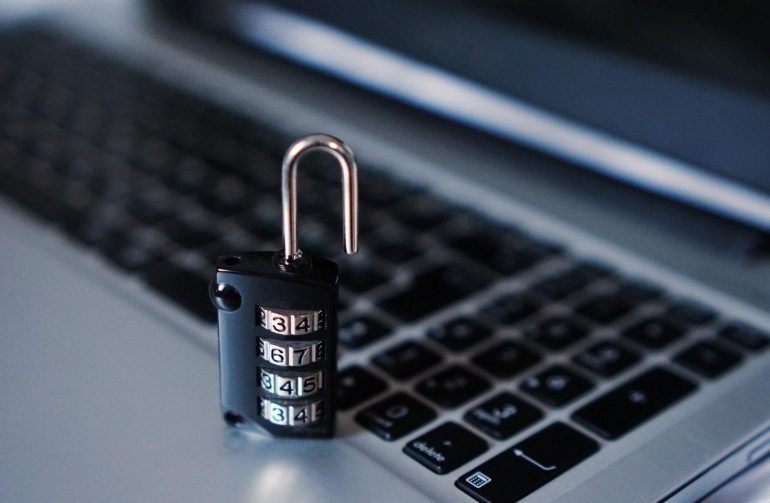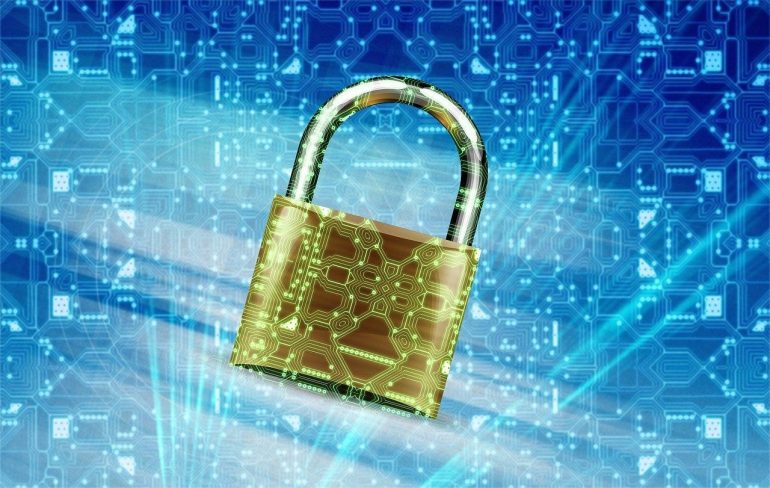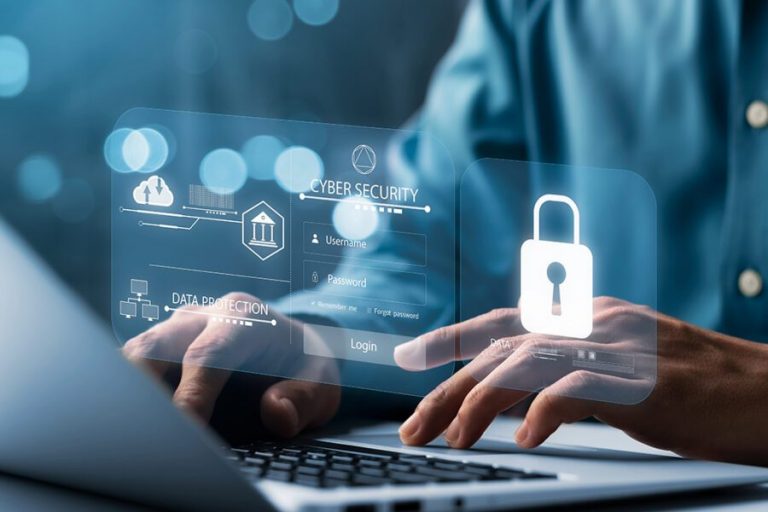Rented laptops offer flexibility, but they also expose personal information to significant threats if not managed wisely. As individuals navigate this tech-savvy world, understanding how to protect their data when renting a laptop becomes paramount, ensuring peace of mind while they work on the go.
If you want to learn some simple tips for keeping your rented devices secure all the time, check out https://itrentals.com/
In this article, we will explore essential security tips and best practices tailored to help you safeguard your information.
Risks of Renting Laptops
Renting laptops can provide convenience, but it brings a host of risks that users must understand to safeguard their data effectively. Identifying potential security threats and recognizing the dangers associated with public Wi-Fi networks can make all the difference in maintaining cybersecurity.
Potential Security Threats
When using rented laptops, individuals must confront various potential security threats. These devices may not be equipped with the latest security software, making them vulnerable. Risks include:
- Malware installation during rental periods
- Unauthorized access to sensitive data
- Data breaches due to previous user negligence
Public Wi-Fi Risks
Public Wi-Fi presents numerous risks for users of rented laptops. Many connect to these networks, which are often susceptible to attacks from hackers. Key points to remember include:
- Data transmitted over unsecured networks can be intercepted
- Attackers may establish rogue hotspots to lure unsuspecting users
- Public networks commonly lack basic security protocols

How to Protect Your Data When Renting a Laptop
Ensuring data protection while renting a laptop is essential for maintaining personal security. Implementing effective strategies can significantly mitigate risks associated with using shared devices. Below are key methods for safeguarding data while using rental laptops.
Implement Password Management
Adopting password management is crucial for securing various accounts. Keeping all passwords confidential and updating them regularly can create an additional barrier against unauthorized access. Using reputable password managers simplifies the process of generating and storing complex passwords securely.
Utilize Encryption Methods
Encryption methods serve as an effective way to protect sensitive data. Encrypting files and communications ensures that even if the laptop is compromised, the information remains inaccessible to unauthorized individuals. Popular encryption tools like BitLocker and VeraCrypt provide robust options to safeguard personal data.
Secure File Deletion
Secure file deletion prevents the recovery of sensitive data after it has been removed. Merely deleting files does not guarantee they are gone forever. Implementing specialized software to overwrite files ensures that information is irretrievable, providing an essential layer of data protection.

Conclusion
In today’s digital landscape, understanding how to protect your data when renting laptops has become a necessity. As users increasingly engage with technology, adopting effective security measures such as password management, encryption, and secure file deletion stands out as critical ways to mitigate risks.
These practices play a vital role in bolstering data security while navigating the challenges associated with rented devices.
By implementing these best practices in data protection, individuals can utilize rented laptops with confidence, enjoying their benefits without compromising their data integrity. With careful precautions in place, they can harness the advantages of technology while staying one step ahead of potential data breaches.

